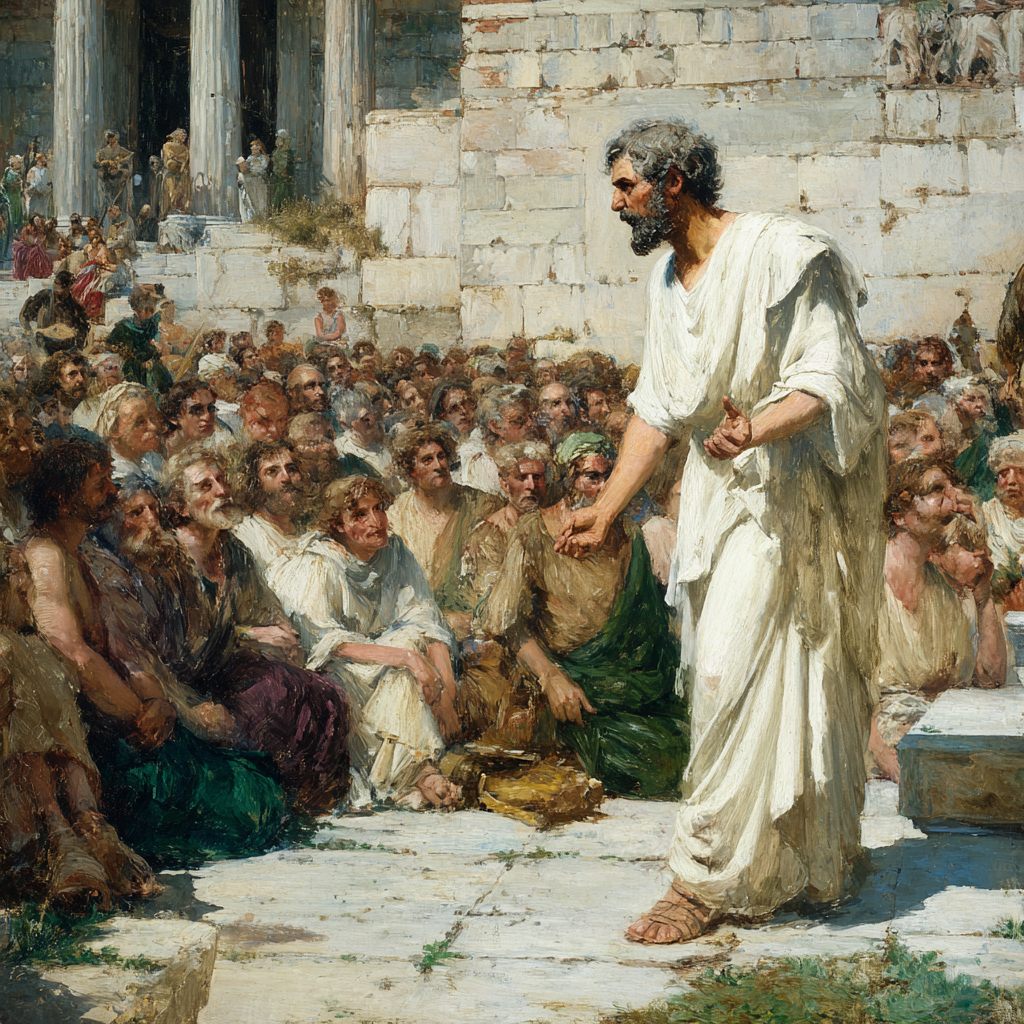Built by Grace, Proven by Fire
“Each one should build with care. For no one can lay any foundation other than the one already laid, which is Jesus Christ.”
1 Corinthians 3:10–11
The stage was packed. Lights danced across the platform. A man stepped up with a voice as smooth as silk. His hands waved frenetically in the air. The crowd leaned in as if salvation hung on his every word. He was dazzling. But somewhere, deep in the soul, a quiet voice asked: Is this the Spirit, or just a spectacle?
Paul writes to a fractured Corinthian church, warning preachers of the gospel not to substitute Christ’s foundation for their own performance. The foundation—Jesus crucified, risen, reigning—was already laid. What mattered now was how one built. And with what. Not with charisma, polish, or applause, but with something far less glamorous: faithfulness to the gospel, obedience to the Spirit, and the kind of holy love that rarely trends on social media.
His warning wasn’t for celebrity teachers alone. It was for every believer called to co-labor in God’s kingdom, to join in raising a holy temple—not a personality cult. The test wasn’t whether the worker was popular. The test would be the fire of the Holy Spirit. Fire burns away the chaff, things of this world that are temporary, ephemeral. It consumes the clever. What is born of the Spirit endures. The rest will vanish like smoke.
Many today build churches on market trends and magnetic personalities. Paul reminds us that Christ alone is the foundation, and the Spirit alone supplies the materials that survive judgment. Gold, silver, costly stones—these are Spirit-wrought fruits: truth spoken in love, disciples made through suffering, unity guarded with prayer, justice pursued in the hidden corners of society.
To build well is to let the Spirit shape the structure—its beams forged in self-sacrifice, its walls held by forgiveness, its windows open to the heavenly glory of God. It means resisting the allure of the platform in favor of the quiet labor of intercession, reconciliation, and truth-telling.
And yes, there is grace. Even if the builder’s work is burned, he himself may be saved—but only “as through fire.” What a costly salvation. What a mercy.
So we ask ourselves, not just what we’re building, but with what material. For fire is coming—not to punish, but to purify. What we’ve built in the power of God will stand. And when the smoke clears, it is Christ who must be seen—not the architect, but the Cornerstone.
Spirit of God, cleanse my ambition. Let me build what lasts. Not in my name, but in Yours. Not contrived by my flesh, but wrought with the gifts of the Holy Spirit. Amen.


